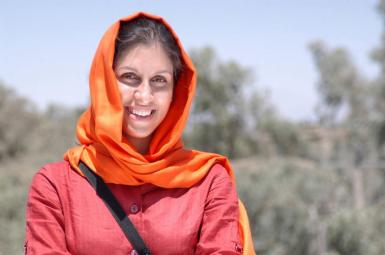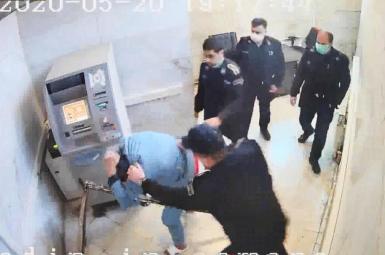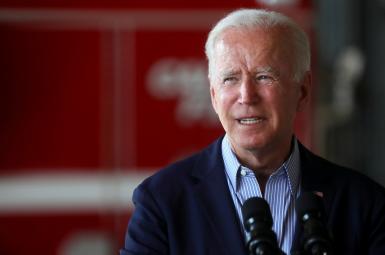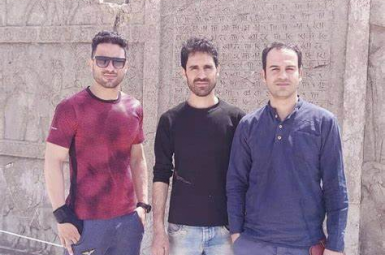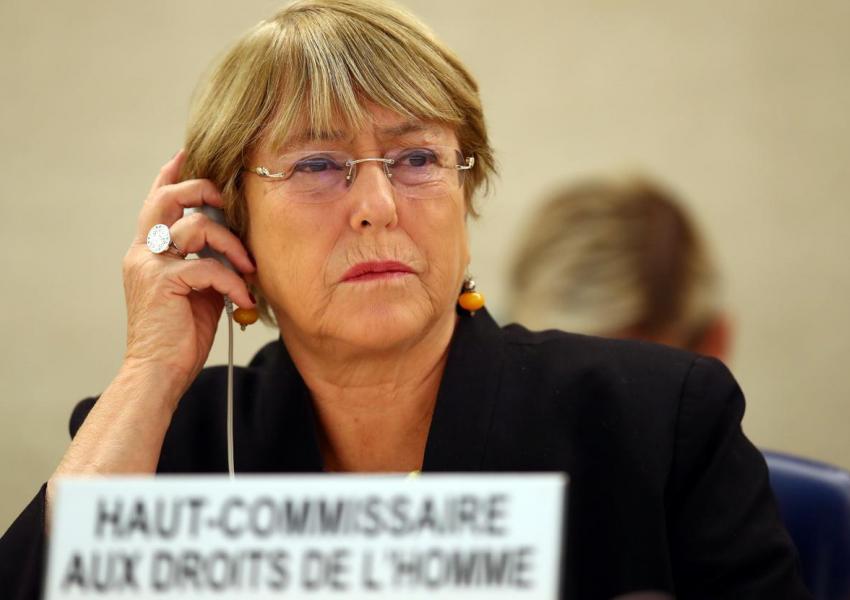
UN High Commissioner Calls On Iran To Release Political Prisoners Amid Pandemic
The top UN human rights official, Michelle Bachelet, has called on Iran Tuesday, October 6, to release imprisoned rights defenders, lawyers and political prisoners, who face danger amid the Covid-19 pandemic.
Her office issued a statement reflecting Bachelet's concerns. The UN High Commissioner for Human Rights said Iran is the most affected country by the coronavirus in the region and at the same time its overcrowded prisons suffer from “poor sanitary conditions that have worsened during the pandemic. Shortages of water, hygiene products and disinfectants, insufficient protective equipment and testing kits,” and poor medical services have led to the spread of the virus among prisoners and some have reportedly lost their lives.
In February, as the pandemic spread in Iran, authorities announced a program to release most prisoners. Official accounts say around 120,000 were freed, but many political prisoners jailed for more than five years were kept in prison, including some renowned human rights defenders, such as Nasrin Sotoudeh and Narges Mohammadi.
Bachelet has said, “As a result, most of those who may have been arbitrarily detained -- including human rights defenders, lawyers, dual and foreign nationals, conservationists, and others deprived of their liberty for expressing their views or exercising other rights -- have been placed at a heightened risk of contracting the virus.”
She has argued in her statement, that under international law states are responsible for the well-being of everyone in their care, “including everyone deprived of their liberty.” The top UN rights official has said, "I am disturbed to see how measures designed to mitigate the spread of COVID-19 have been used in a discriminatory way against this specific group of prisoners."
The High Commissioner expressed her concern about the persistent and systematic targeting of individuals who express any dissenting view, and the criminalization of the exercise of fundamental rights.
"It is disheartening to see the use of the criminal justice system as a tool to silence civil society. Expressing dissent is not a crime. It is a fundamental right that should be protected and upheld," Bachelet said.
UN rights officials and rapporteurs, as well as many international human rights defenders have urged Iran for years to respect the basic rights of its citizens, especially guarantee fair and open trials and protect the lives of prisoners. Iran has always denied any violations and has refused successive UN rapporteurs to visit the country to conduct reviews.
